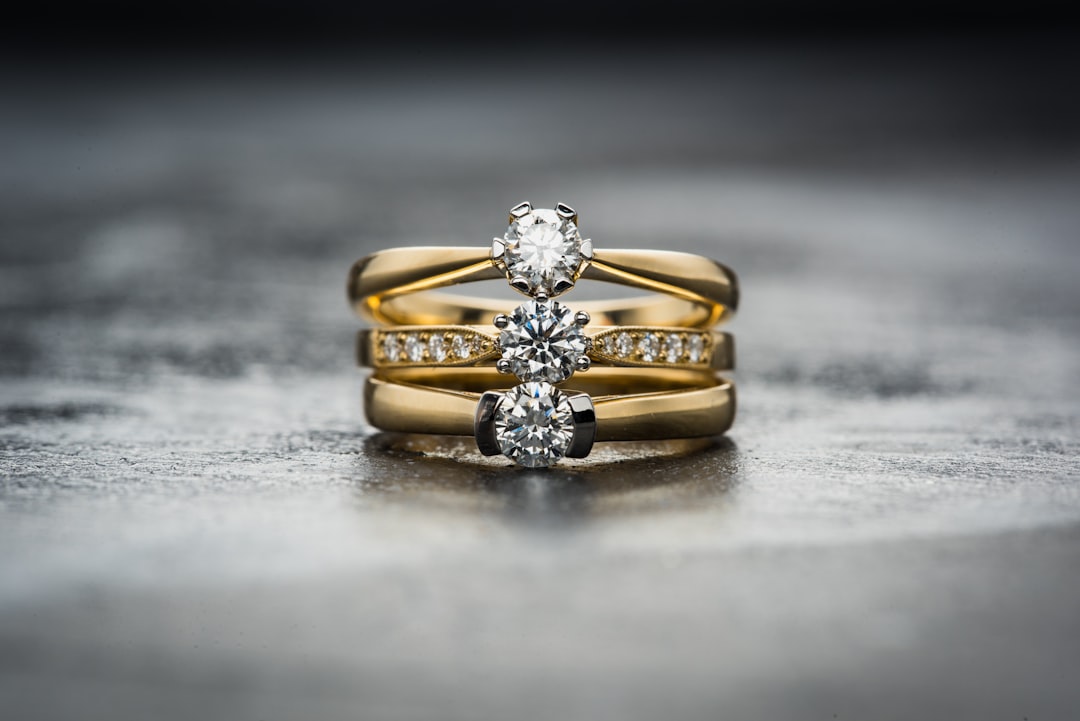Jeweller Kaihanga Taonga Rei
Jewellers design, make, alter and repair items such as rings, bracelets, necklaces and earrings.
Manufacturing jewellers need to be registered with the Jewellery Industry Registration Board of New Zealand.
Jewellers may do some or all of the following:
- design jewellery freehand or using computer-aided design (CAD) tools
- select metals and gems
- melt, roll out, cut, bend, shape, solder and cast metal
- set gems into pieces of jewellery
- file, polish and clean jewellery
- estimate the value of jewellery and gemstones
- sell jewellery in a shop.
Physical Requirements
Jewellers need to have good eyesight (with or without corrective lenses) as they have to be precise when working with small parts.
Useful Experience
Useful experience for jewellers includes:
- work in the arts
- sales
- draughting and design experience (including computer-aided design)
- work as a jeweller's assistant
- metalwork.
Personal Qualities
Jewellers need to be:
- creative
- patient and accurate, with an eye for detail
- able to solve problems
- practical, with good technical skills
- able to work well with people.
Skills
Jewellers need to have knowledge of:
- jewellery styles and designs
- metals and alloys
- gemstones and their value
- different methods of cutting and setting gemstones.
Jewellers who create their own jewellery need design skills, and small business skills if they run their own business.
Conditions
Jewellers:
- usually work regular business hours, but may work weekends if they work in retail
- work in small workrooms, private studios and shops.
Subject Recommendations
No specific secondary education is required for this job, but maths, design and visual communication (graphics), painting, sculpture, photography and printmaking to at least NCEA Level 1 are useful.
Related Courses
Jewellers can earn around $48K–$60K per year.
Pay for jewellers varies depending on skills, experience and location, and whether they are working as a manufacturing or contemporary jeweller.
- Manufacturing jewellery apprentices usually start on the minimum wage.
- Fully qualified manufacturing jewellers can earn up to $60,000 a year.
- Experienced manufacturing jewellers with five or more years' experience, or who run their own businesses, can earn up to $100,000.
Pay for contemporary jewellers varies widely and depends on their success and ability to market themselves.
Source: Jewellery Industry Registration Board of New Zealand, 2020.
Jewellers may progress to owning a business and employing staff. They usually specialise in one of the following areas:
- Contemporary Jeweller
- Contemporary jewellers generally haven't completed a formal apprenticeship, and work part time making one-off commissions or limited-edition pieces. They often exhibit and sell their work in places like art galleries.
- Manufacturing Jeweller
- Manufacturing jewellers generally work in private manufacturing workshops or workshops at retail stores, where they produce lines of jewellery or one-offs for sale. They are trade-certified and must complete a formal apprenticeship.
Years Of Training
4 years of training usually requiredTo become a qualified manufacturing jeweller you need to complete an apprenticeship and gain a New Zealand Certificate in Manufacturing Jewellery (Level 4). The Jewellery Industry Registration Board of New Zealand oversees manufacturing jeweller apprenticeships.
Some people also work as contemporary jewellers, which does not require industry-certified training.

 Marlborough Boys’ College
Marlborough Boys’ College